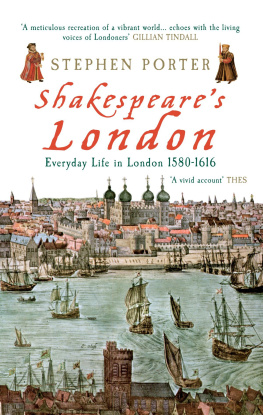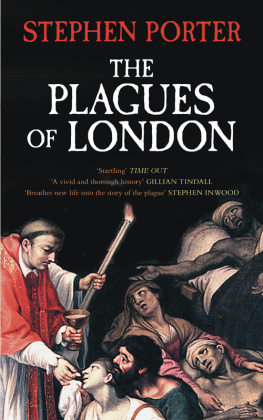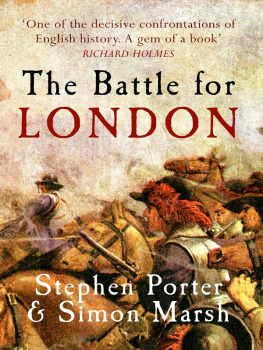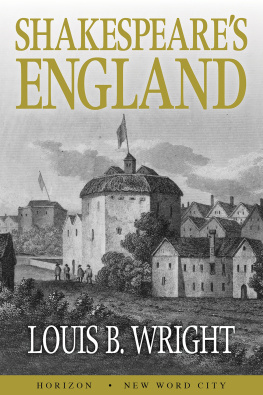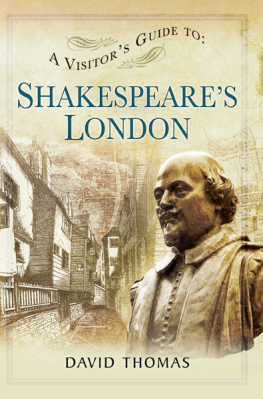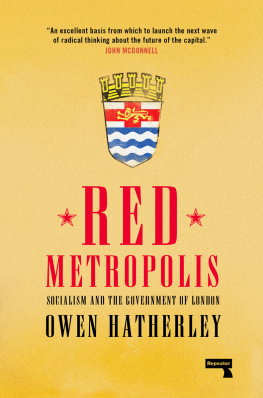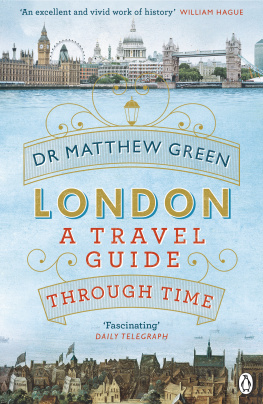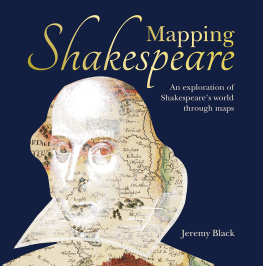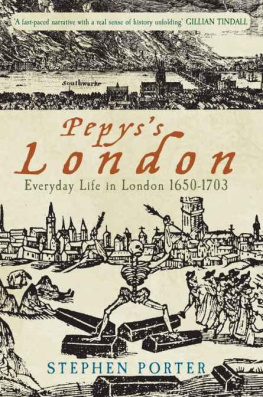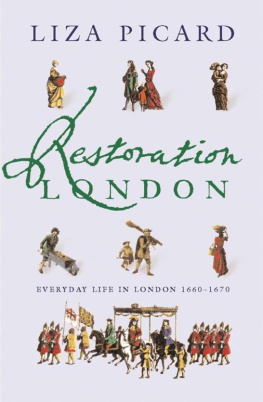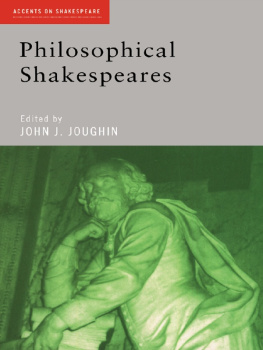Stephen Porter - Shakespeares London: Everyday Life in London 1580-1616
Here you can read online Stephen Porter - Shakespeares London: Everyday Life in London 1580-1616 full text of the book (entire story) in english for free. Download pdf and epub, get meaning, cover and reviews about this ebook. year: 2009, publisher: Amberley Publishing, genre: Politics. Description of the work, (preface) as well as reviews are available. Best literature library LitArk.com created for fans of good reading and offers a wide selection of genres:
Romance novel
Science fiction
Adventure
Detective
Science
History
Home and family
Prose
Art
Politics
Computer
Non-fiction
Religion
Business
Children
Humor
Choose a favorite category and find really read worthwhile books. Enjoy immersion in the world of imagination, feel the emotions of the characters or learn something new for yourself, make an fascinating discovery.
- Book:Shakespeares London: Everyday Life in London 1580-1616
- Author:
- Publisher:Amberley Publishing
- Genre:
- Year:2009
- Rating:5 / 5
- Favourites:Add to favourites
- Your mark:
Shakespeares London: Everyday Life in London 1580-1616: summary, description and annotation
We offer to read an annotation, description, summary or preface (depends on what the author of the book "Shakespeares London: Everyday Life in London 1580-1616" wrote himself). If you haven't found the necessary information about the book — write in the comments, we will try to find it.
Shakespeares London was a bustling, teeming metropolis that was growing so rapidly that the government took repeated, and ineffectual, steps to curb its expansion. From contemporary letters, journals and diaries, a vivid picture emerges of this fascinating city, with its many opportunities and also its persistent problems. By far the largest city in the country, it was the centre of government, the law and the church, the focus of politics and culture. It had a vigorous economy, with a range of industries and a lucrative trade in luxury goods for the courtiers and wealthy citizens. Growth produced overcrowding and high mortality, with shockingly high death tolls during the periodic plague epidemics, yet London attracted an endless stream of people, who were absorbed into its diverse communities and economic structures. Here the first playhouses were built, patronised by large audiences, who were treated to a rich and varied diet of plays to keep them, and the court, entertained.
The London that Shakespeare knew was an expanding, changing and exciting city.
Reviews:
A meticulous recreation of a vibrant world - echoes with the living voices of Londoners GILLIAN TINDALL
A lucid and cogent narrative of everyday life in Shakespeares place of work SHAKESPEARE BIRTHPLACE TRUST
A vivid account THES
288 pages
Publisher: Amberley Publishing (8 July 2011)
Language: English
ISBN-10: 184868200X
ISBN-13: 978-1848682009
Stephen Porter: author's other books
Who wrote Shakespeares London: Everyday Life in London 1580-1616? Find out the surname, the name of the author of the book and a list of all author's works by series.

